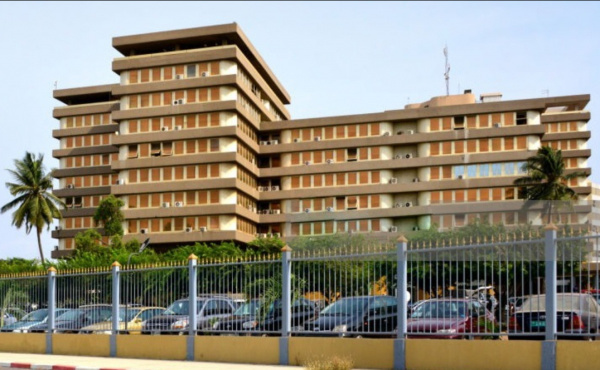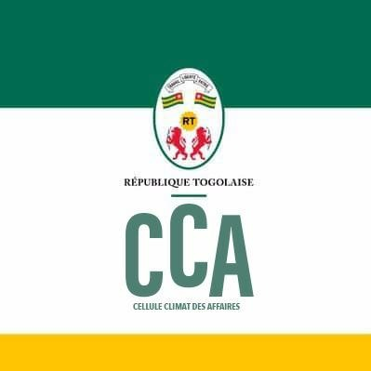Togo: Government missed out on CFA140 billion from January to September 2023 due to tax exemptions

(Togo First) - In Togo, tax exemptions cost the State almost CFA140 billion between January and September 2023, an increase of 18% year-on-year.
The government expects to miss out on CFA146 billion for the whole year. These "illiquid" revenues, i.e. not collected, have a direct impact on public finances but are part of a government strategy to support the economy during crises.
In recent years, Lomé has introduced several major tax exemptions to make people’s lives easier and cope with inflation. The latest exemption introduced is the VAT cancellation for university and company canteens.
In the corporate world, tax exemptions are aimed at fostering investment and economic recovery. For example, construction and public works equipment are exempted from customs duties and taxes.
Agriculture is another sector that benefits from several exemptions, especially on input costs. There are also incentives for new investors, notably in the free trade zones. Companies in difficulty receive temporary support, and NGOs and international institutions benefit from advantageous tax conditions. Customs exemptions are also targeted at certain crucial imports, supporting the local economy.
Despite the impact of these policies on public finances, the Office Togolais des Recettes (OTR) records promising results. The tax office has collected CFA590 billion between January and September 2023, up by 11% year-on-year. This represents about 77% of its annual liquid tax revenue target, CFA765 billion.
However, while the relevance of these exemptions is debated, no recent study has yet assessed their positive or negative impact on the economy. The OTR took a first step in this direction: for some years now, the OTR has been elaborating a detailed table of tax expenditure, including exemptions, reliefs, and tax breaks. This approach, essential for greater transparency, could eventually provide the data needed for an objective assessment of the real impact of these policies on the Togolese economy.
Fiacre E. Kakpo


















